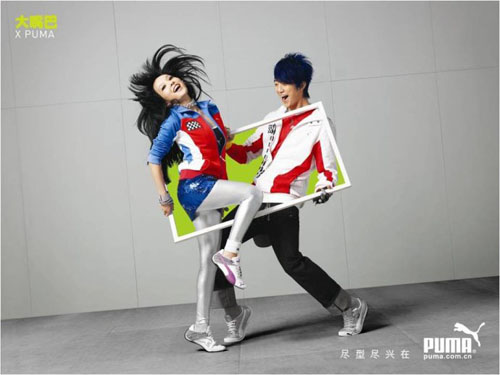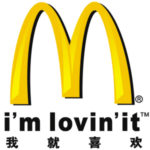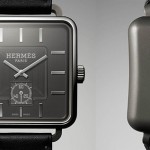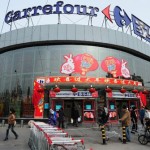Translate brand names into Chinese
Translate brand names into Chinese
[more about Branding in China]Most foreign companies, in an effort to break through the Chinese market, have translated their brand names in Chinese. Indeed, this language is fundamentally different from English or French in its pronunciation, and this often translates into names that can hardly be articulated by Chinese people. Thus, companies often choose to translate brand names using a phonetic transcription, with or without an additional meaning. However, though simple it might appear, this type of translation can turn out to be quite tricky if you don’t pay attention.
How to translate brand name in China
Many companies have translated their brand names beautifully, adding a new meaning that appeals to the Chinese. For example Coca-Cola, 可口可乐 which translates as happiness in the mouth; Head and shoulders 海飞丝 which means “silk flying over the ocean”, or BMW 宝马, the treasure horse. While this method accurately copies the original pronunciation of the brand name, the added value that comes with its meaningful translation also helps the company in gaining market share!
However, with the cultural wealth of China and the numerous hidden meanings that belong to the Chinese language, comes the tricky trap of treacherous translation: let’s take a look at PUMA 彪马 which translates as strong horse or tiger horse. In traditional Chinese culture, this name alludes to longevity, elegance, success; thus adding to the brand the ideas of dynamism and athleticism. While it might seem like a successful brand name translation, when taking a look at search results on Google and Baidu, we can notice a significant gap between the rarely searched chinese name and the much more appreciated original one. Why so? The 彪马 refers to the horse, a pleasant and gentle animal; in direct confrontation with the idea of the puma, which is known to be fierce, and wild, showing leadership, power and energy. This contradiction effectively leads to confusion and ultimately… oblivion.
Chinese adaptation or cultural identity protection?
Keeping that in mind, there’s also one very special case: the one of Carrefour, 家乐福 which translates as house of happiness and fortune. Happiness and fortune even more are ideas that belong in the very roots of Chinese culture, and that hold a deep meaning to every Chinese home.
Nowadays, few are the Chinese who don’t know about Carrefour, but this ultimately leads to one subtle problem: due to its deeply traditional Chinese name, Carrefour lost its French identity which originally was one of its main qualities, seeing as many Chinese idealize France. Most Chinese people today link Carrefour to a China that’s old fashioned, dated, unattractive; and that has tarnished the image of the French company, which led a communication campaign on the origins of the brand, in hopes of a new beginning.
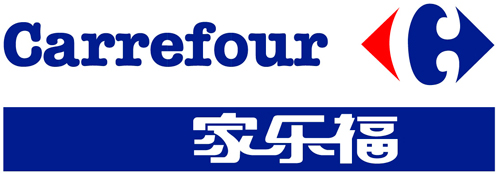
This also relates to the Gucci case, 古琦 which means ancient and precious jade. While it accurately relays the idea of luxury and elegance, it also has a connotation of tradition and heritage; which completely overrides the notions of modernity and trend that are strongly needed in a fast evolving fashion industry. Still in the same market, we can take note of the firms that have chosen an acronym for their Chinese brand name translation: for example, Louis Vuitton which, instead of the regular phonetic translation 路易威登, is often referred to as LV; and the same applies to Yves Saint Laurent which goes by the name of YSL in China instead of its phonetic alternative 依夫圣罗兰. As Chinese brands often have at most two or three characters, the high number of characters in the phonetic translation of these brand names might be the reason as to why people refer to them using the acronyms that are much more easy and convenient.
Eventually, companies have to be very careful when translating their brand name, whether it be with the double meanings (because of the different accents of the Chinese dialects), or with the coherency of its translation.
See also: http://sinonym.net/


